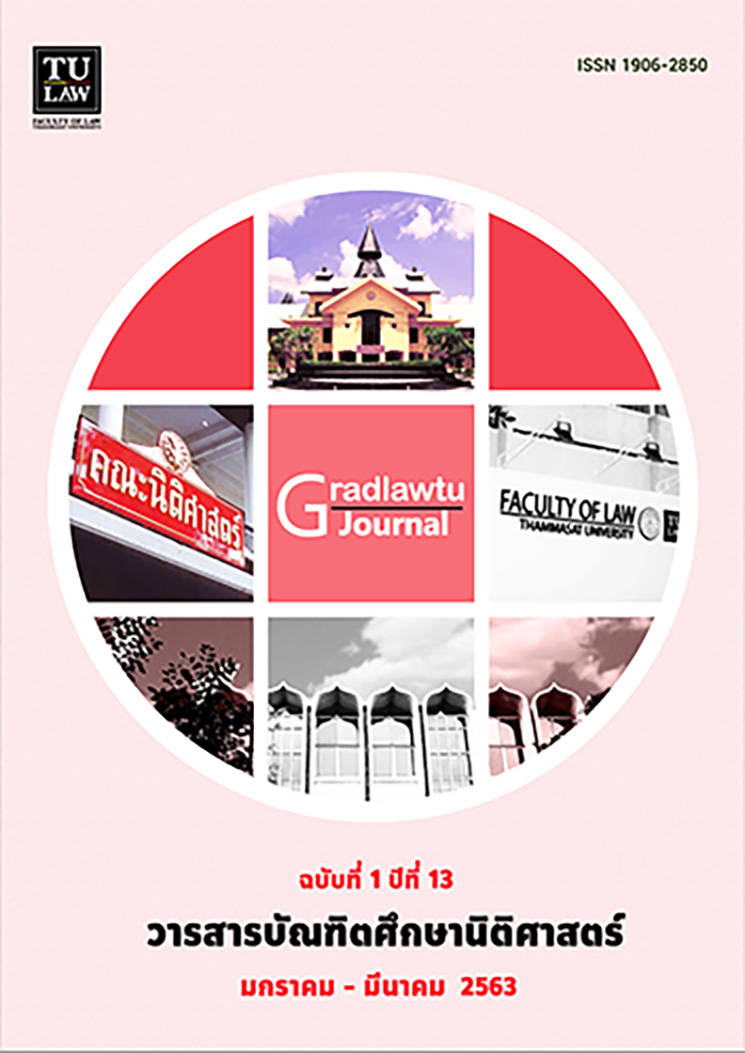PROBLEMS ON A LEGAL STATUS OF THE PRINCIPLE OF NON-REFOULEMENT AND ITS EXTRATERRITORIAL APPLICATION UNDER INTERNATIONAL LAW
Keywords:
non-refoulement principle, customary international law, jurisdiction in human right context, extraterritorial applicationAbstract
The study on “Problems on a Legal Status of the Principle of Non-Refoulement and its Extraterritorial Application” analyses legal sources and legal obligations of non-refoulement principle under international refugee and human rights. Moreover, it analyses legal problems regarding the legal status in international law and the extraterritorial application of the principle of non- refoulement.
The study found that the principle of non-refoulement is confirmed by a number of legal provisions among which Article 33(1) of the Refugee Convention, besides all regional and international human rights treaties contain prohibitions of refoulement such as, Article 3 of the 1984 Convention against Torture and Other Cruel, Inhuman or Degrading Treatment or Punishment, Article 7 of the 1966 International Covenant on Civil and Political Rights and its interpretation by the UN Human Rights Committee in its General Comment No. 20 (1992), Article 3 of the 1950 European Convention for the Protection of Human Rights and Fundamental Freedoms and Article 22(8) of the 1969 American Convention on Human Rights. States are bound not to expel, return (refoule), extradite or forcibly remove in any manner whatsoever such as rejection at the frontier or interception at sea, any individual to another country if this would result in exposing him or her to persecution or serious human rights violations, notably torture or other cruel, inhuman or degrading treatment or punishment.
Prohibition of refoulement as enshrined in Article 33 of the 1951 Convention and complemented by non-refoulement obligations under international human rights law, demonstrates state practice and States have overwhelmingly indicated that they accept the principle of non-refoulement as binding (opinion juris) shown in several resolutions of international organization such as UNHCR which concludes that it forms part of customary international law today. However, this view has been questionable because the violation of the principle has been occurred such as circumstances of boarder closure in Croatia – Bosnia-Hercegovina 1992 and FYR Macedonia – Kosovo 1999. Nonetheless, the study found that in such instances, States responded to UNHCR’s representations by providing explanations or justifications of cases of actual or intended refoulement, thus implicitly confirming their acceptance of the principle instead of deteriorating a forming of customary international law status. Consequently, non refoulement principle satisfies the criteria and constitutes a rule of customary international law.
Notwithstanding, the non refoulement obligation has attained customary international law status, but it is primarily territorial. It prohibits refoulement which only occurs within territory or rejection at the frontier. The extraterritorial application of the principle of non refoulement remains arguable. The study found that a State is bound by non refoulement obligation not to return individuals to a risk of persecution wherever it exercises effective jurisdiction, the decisive criterion is not whether such persons are on the State’s territory, but rather, whether they come within the effective control and authority of that State.
References
James C. Hathaway. The rights of refugees under international law. Oxford: Oxford University Press,2005.
ARTICLE
A. Orakhelashvili. “Restrictive Interpretation of Human Rights Treaties in the Recent Jurisprudence of the European Court of Human Rights.” EJIL, (2003).
OTHER MATERIAL
UNHCR Advisory Opinion on the Extraterritorial Application of Non-Refoulement Obligations under the 1951 Convention relating to the Status of Refugees and its 1967 Protocol, December, 2016, from http://www.refworld.org/docid/45f17a1a4.html
Downloads
Published
Issue
Section
License
บทความหรือข้อความคิดเห็นใด ๆ ที่ปรากฏในวารสารบัณฑิตศึกษานิติศาสตร์เป็นความรับผิดชอบของผู้เขียนบทความโดยเฉพาะ คณะนิติศาสตร์ มหาวิทยาลัยธรรมศาสตร์ และกองบรรณาธิการไม่จำเป็นต้องเห็นด้วย



